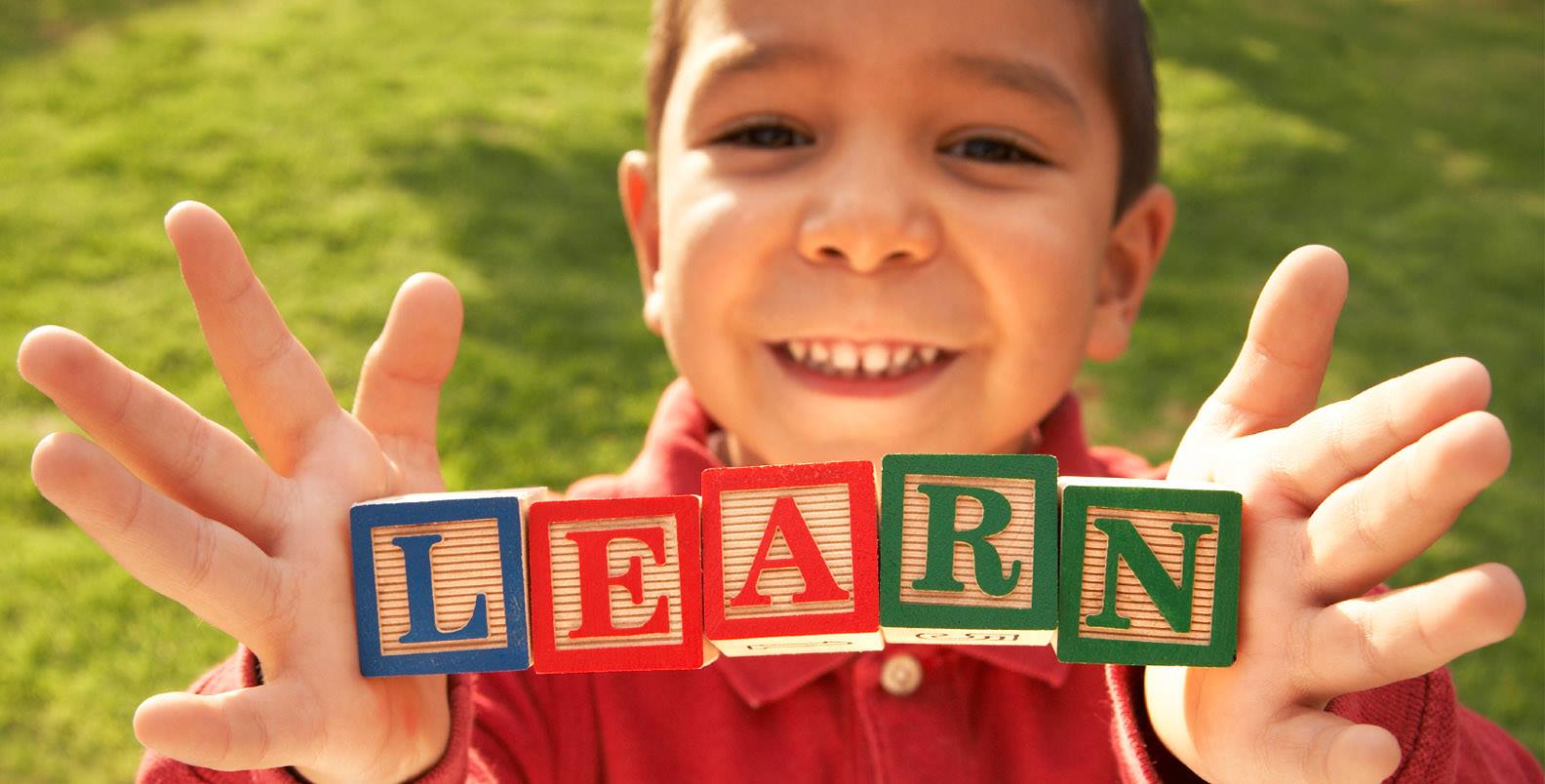Being in an age where handing out opinion and choosing ways of lives are easier than ever, AS Iyer has attempted to look into the roots that define individuals – responsibility. And with ever-busy 21st century parents, who choose to pamper to make up for the lost time with their li’l one, responsibility is a value that needs more attention than any other.
It was a cool and cloudy monsoon morning and the rain God, however, was not in a mood to bless Mumbai with showers just yet. It was a perfect opportunity to click a picture of the dark clouds that sure seemed like a silver lining after long, hot months of summer. That’s when a two-year-old appeared and demanded to listen to Sia’s Cheap Thrills – a habit she developed over the past few months. Having said‘No’ to playing the music, she threw a tantrum.
Though such demands by children are a common sight these days, one can see through the tantrum of a two-year-old, which might one day become a, ‘you-owe-me-everything’ attitude. This was perhaps because she was too pampered being the first child in the family after 20-odd years. Pampering turns bettersinto brats and we as family too can help children become better individuals of tomorrow – because who said it’s just a parent’s job anyway?!
NURTURING – NOT PAMPERING
A common misconception that most people have is that the more you give your child the more you love them. As a child, you may have been given all that you ‘demanded’, any day, any hour. But it is important to teach your children theresponsibility and accountability early in life by making them work for the things they want, not need.
But Dr Sameer Parekh, Director of Department of Mental Health and Behavioral Sciences, Fortis Healthcare saysover-giving it is not all. For starters, a permissive style of parenting which is unlikely to offer any form of discipline when coupled with parents’ endeavours to be more of a friend than a parent to the child more often than not backfires, with a higher susceptibility of behavioural difficulties for such children.
He points out another extreme style of which is of uninvolved or neglectful parents, who might not even fulfil the basic needs and desires of the children, thereby leading to disturbed attachment patterns and adverse impacts on the children’s psychological wellbeing.
So how do you walk the thin line?
Dr Sameer points out that the trick lies in striking the balance between fulfilling the child’s needs and desires while at the same time exerting the required sense of control and discipline. He further asserts, “Overdoing it on any one aspect is likely to be unhealthy. This becomes more relevant today, as with growing awareness it is increasingly common to witness ‘helicopter parenting’ hovering around their children to the extent of over-involvement. This in itself is unhealthy, as it not only interferes with the attainment of the child’s independence and socialisation but also impedes the child’s ability to develop resilience and responsibility for one’s own self.”
MOULDING YOUNG MINDS
To foster a sense of responsibility parents often encounter ‘teachable moments’ as their children grow up. These moments when put to use can help be impart knowledge and at the same time inculcate desired values within their young ones.
And how do you do that? By serving as role models. Let’s take time management for instance. A well-established mommy investment banker working at a globally recognised organisation once explains how she achieved a lot in a short span –smart time management. She revealed that she delegated most of her work that can be done by others – like teaching her son to read, taking him to the playground or to the school, cooking etc. She was then left with only the things that no one else could do but her, for instance cuddling her son, working out and so on.
Dr Sameer pointsout,at times giving too much freedom to children too is a way of pampering that lets children forget responsibility.An honest conversationreminding them that they are answerable for their actions could help. Nawaz ModiSinghania, a fitness trailblazer and wife of Raymond’s GautamSinghania, spoke about how she explained the consequences of every action to her daughter and let her decide for herself – be it for indulging in junk food or jumping off a building.
Instead of being an authoritative figure, Dr Sameer gives a few tips you can use instead to communicate better with your children:
Reason with your child: Do not be afraid to reason, based on your child’s developmental levels come up with an open communication pattern.
Avoid nagging: Act instead as a guide and facilitator.
Pick fights: Engage in battles so that you can give in sometimes, it teaches your child to let go.
Finally, remember to both expect as well as accept disagreements, as there does not exist any thumb-rule for a perfect parent!

